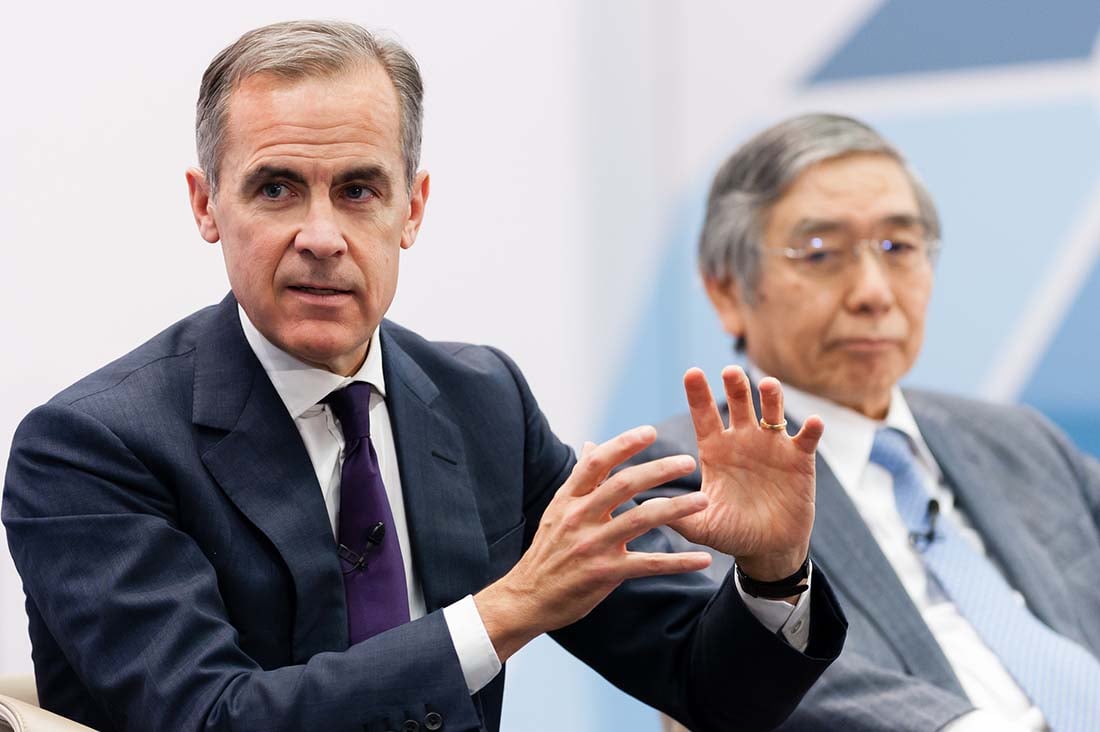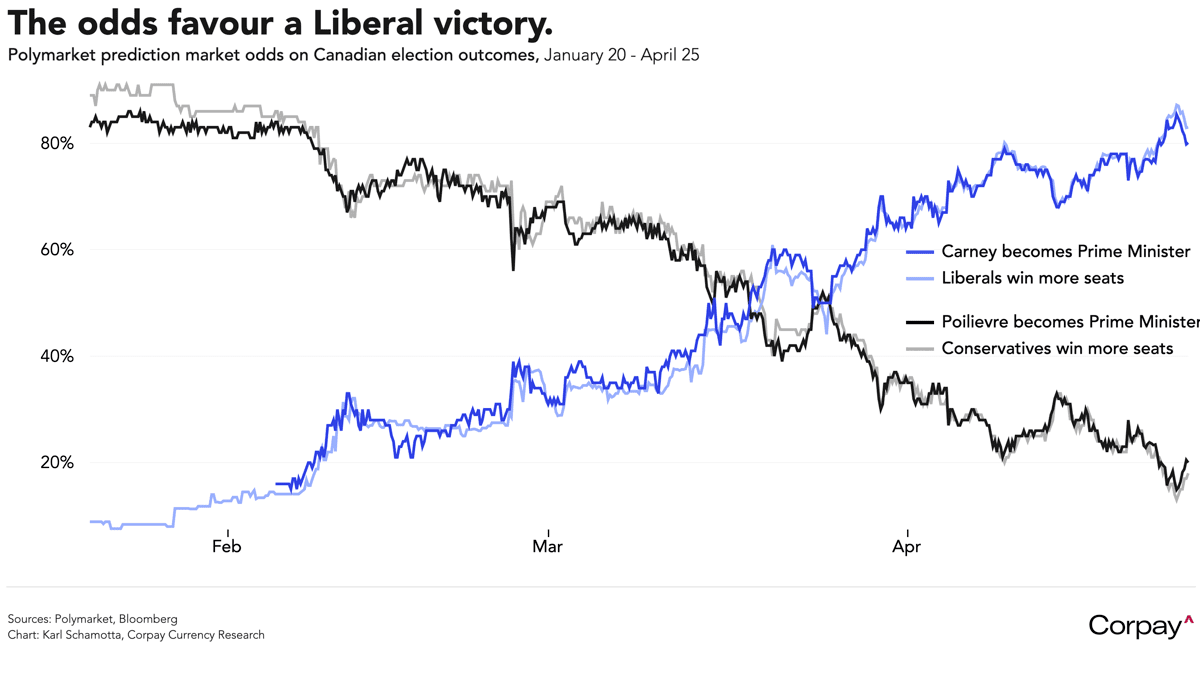
Image © European Central Bank, reproduced under CC licensing
Battered U.S. markets could be due for a rebound, which will benefit the Canadian Dollar.
This is according to an analysis from international payments firm, Corpay.
The call comes as U.S. markets and the Dollar stabilise following a torrid period of losses, courtesy of U.S. President Donald Trump's hardline on tariffs and attempts to influence the Federal Reserve.
However, over the course of the past four days, Trump has softened his tone on both the Fed and trade, prompting markets to bet that the worst might be over for U.S. markets.
For the Canadian Dollar, this could spell gains, says Karl Schamotta, FX strategist at Corpay:
"We suspect that the Canadian dollar’s brief flirtation with safe-haven status is over. Unlike the euro, yen, and Swiss franc, the loonie is reverting to its role as a levered play on economic and financial conditions south of the 49th Parallel, meaning that it should climb when risk appetite improves on American markets, and should fall during flight-to-quality episodes."
The analysis confirms the CAD is likely to remain prone to global considerations, and that next week's Canadian elections aren't featuring on the currency's radar.
"Relative to other major currencies, implied volatility in the dollar-Canada pair looks well-contained ahead of Monday’s election. Mark Carney’s Liberals are the clear front-runners in a race that has turned into a referendum on Canada’s relationship with the United States, but investors are unlikely to react with hostility if Pierre Poilievre’s Conservatives – who have promised larger tax cuts and more deregulation – somehow emerge victorious," explains Schamotta.
"Although investors tend to react with revulsion to the sort of spending plans the Liberals are now outlining, the reality is that many would welcome an offset to the other near-term headwinds facing the Canadian economy – rising joblessness, slowing export growth, and weak investment coming on top of terrible productivity and still-spectacular levels of household indebtedness – and we don’t expect major moves in bond markets after the outcome is pronounced next week," he adds.

